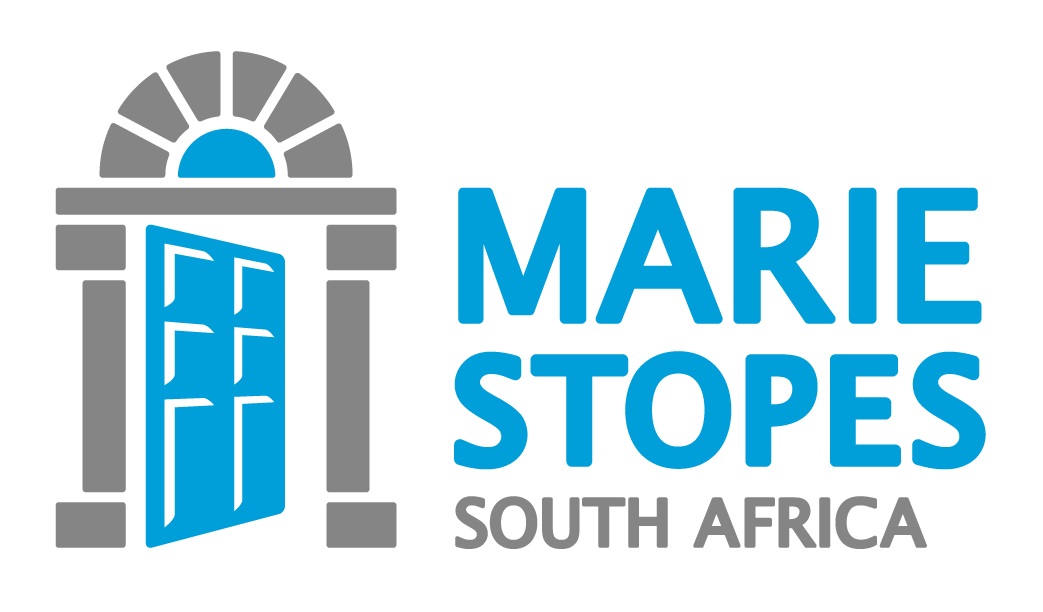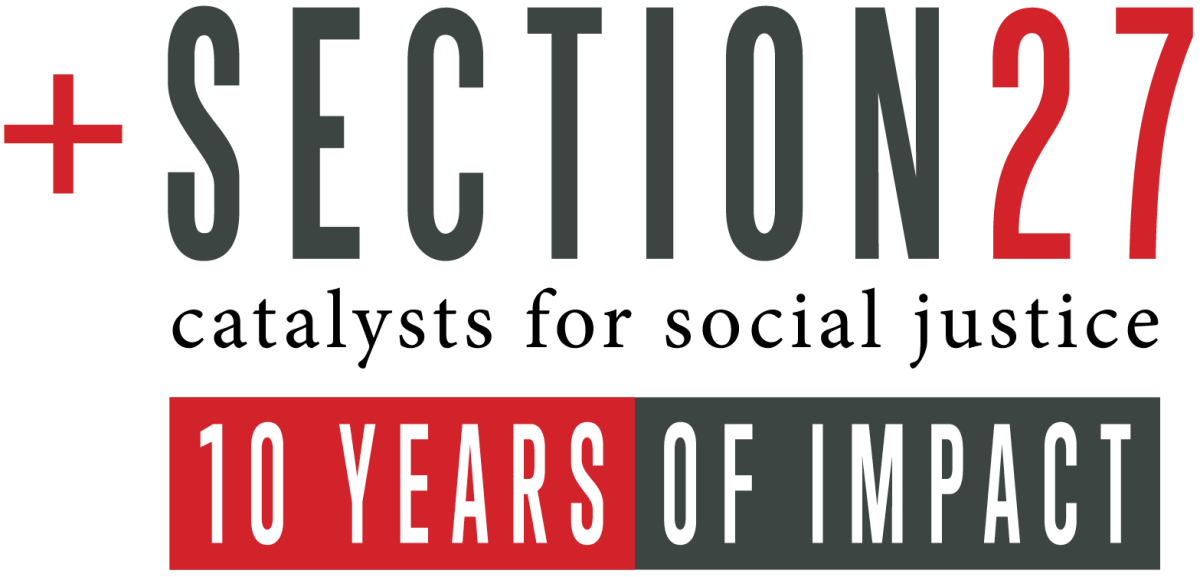- 021 423 7088
- info@genderjustice.org.za
- Whistleblower: 0800 333 059
It does not matter what your nationality is, or if you have a South African ID or not. Even if your documents have expired or you have no documents at all, you should be able to access certain sexual health and reproductive services in South Africa – for free.

As you can see, sexual and reproductive rights are very wide. There are other sexual and reproductive health rights, too. You can read more about your sexual and reproductive rights by reading this booklet created by Section 27.
To find the right clinic near you, you can use this data-free map, made by Bhekisisa. The map shows both government (free) clinics and private clinics, too. To use this map, turn your mobile data service on. Turn on your location. Click on the link and you should see a map of your area. You should see little red, green and blue pins. When you select a pin, you can see the facility’s name, and by clicking the arrow in the right-hand corner, you can see more details about that facility, like the services they offer, the address, their opening times and whether they are free or not.
At a government hospital, if you’re not pregnant or a child under 6, if you have an SA ID or are a refugee, asylum seeker or undocumented person from a country in Southern Africa (SADC), you’re entitled to be treated the same as a South African citizen at the hospital. This means that the treatment will be “means tested” (the fee depends on your circumstances).
All this is in terms of the Constitution, the National Health Act and the Uniform Patient Fee Schedule.
We know that, in reality, it can be difficult to access government healthcare. Both South Africans and ‘foreigners’ can have difficulty accessing healthcare in South Africa. Sometimes it is because the clinic or hospital is under-resourced or very busy. But sometimes, people are denied healthcare because they are not South African. This is called ‘medical xenophobia’. You can look at the question “It is difficult for me to access sexual and reproductive services. What can I do?” below, for more information.

Marie Stopes is a non-profit organisation offering contraceptives, STI and HIV testing, safe terminations of pregnancy (abortion) and other gynaecological services. They have 13 centres across South Africa. Some services carry a fee, but Marie Stopes is able to create a payment plan with you. To contact them, you can:

Rape Crisis offers support to people who have experienced or been affected by sexual violence. Rape Crisis have also published a useful guide to knowing your rights and services if you have experienced sexual violence. To contact them, you can:

Thuthuzela Care Centres are one-stop facilities that have been introduced as a critical part of South Africa’s anti-rape strategy by the South African government. They aim to reduce secondary victimisation and to build a case ready for successful prosecution. There are 51 centres across South Africa. At these centres, you can report a rape case directly, get assistance with immediate medical attention, access counselling services and access assistance to open a police case (if you want to do so immediately or even at a later stage). The Thuthuzela Care Centres can also arrange for on-going counselling and court preparation (if the case goes on trial). To find out more, you can:
This is done at certain government clinics or hospitals: it is free. It does not matter what documentation you have. Doctors can provide an abortion up to 20 weeks of pregnancy, and after that there need to be certain circumstances in which an abortion can take place. You can find out more at a government clinic near you about this – use Bhekisisa’s data-free map to find the right clinic near to you. (This map includes private clinics as well as government clinics.)
Many women in South Africa do not know that they can access free abortion services at government clinics. Some women use “backstreet abortion” services. These are not safe because they are not done by people who are qualified. If you are considering having an abortion, please go to a clinic near you for advice.


If you would like to access counselling, you can contact FAMSA. FAMSA is a non-profitable organisation with 28 branches across South Africa. FAMSA offers counselling with a trained counsellor, creating a safe, confidential and non-judgmental space where you will be heard. FAMSA offers counselling and other services on bereavement, divorce, domestic violence, marital preparation and relationship enrichment, relationships and trauma debriefing. FAMSA do charge a fee for this service and it differs according to Affiliates fee structure. Please call to book an appointment and the fee structure will be explained to you. To find a FAMSA office near you, please contact:
You can also ask to lodge a complaint at the facility’s complaint desk. If these options are not possible, or you do not feel comfortable to do this, you can reach out to one of the organisations that are listed at Question 9, below. They can assist you with more information and support.

Lawyers for Human Rights provides legal services through its law clinics and advice offices, located in Johannesburg, Pretoria, Musina, and Durban. To contact LHR for advice, you can email info@lhr.org.za. Or, you can call one of the following offices during office hours to make an appointment.
Kutlwanong Democracy Centre
357 Visagie Street
Pretoria
Tel: 012 320 2943
4th Floor Southpoint Corner Building
87 De Korte Street
Braamfontein
18 Watson Avenue
Musina
Room S104, Diakonia Centre
20th Diakonia Avenue (formerly St. Andrews Street)
Durban

SECTION27 is a public interest law centre. One of its areas of focus is sexual and reproductive health rights. To contact their probono legal advice desk, you can call 060 754 0751 to get assistance with accessing sexual reproductive health services and general health access. This telephone advice line and can be called from anywhere in South Africa.

Refugee Social Services is an NGO providing services primarily for refugees and asylum seekers in the Kwa-Zulu Natal Province. This includes emergency social assistance, counselling, and assistance with accessing services, among others.
To contact Refugee Social Services, you can

The Scalabrini Centre of Cape Town offers a variety of services for people who are refugees, migrants and asylum seekers. You can see their different services here. In terms of paralegal assistance, the Advocacy Team provides paralegal information. It operates on WhatsApp and a walk-in clinic.
To contact them for information or advice, please:
This easy-read infographic can help to explain more about this.

Sonke is a South African-based non-profit organisation working throughout Africa. We believe women and men, girls and boys can work together to resist patriarchy, advocate for gender justice and achieve gender transformation.
Please note that Sonke does not offer counselling or other support services to individuals. Click here for information on where to get help.
Sign up for the Sonke e-Newsletter to receive social justice news and views in your inbox.
Please see our Privacy Policy here.